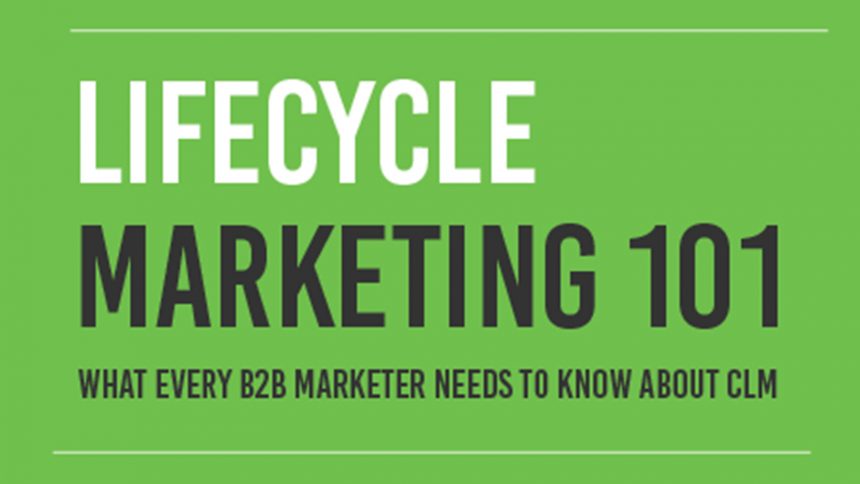There are numerous popular sales methodologies today. These methodologies all bring sales best practices from different quarters, and greatly assist salespeople and sales organizations to consistently close a higher percentage of deals. In this ebook we explore 11 of the most popular sales methodologies.
Interestingly each of these sales methodologies, in their own way, also seeks to make it possible for a sales rep to monitor, influence and be responsive to buyer actions—which is a common denominator of modern effective selling systems.
Pipeliner CRM is rapidly and visually customizable. For that reason, no matter which sales methodology you choose, Pipeliner CRM will not only accommodate, but will empower it. Throughout this ebook we will show how Pipeliner CRM assists each particular sales methodology.
Chapter 1: Strategic Selling—Common Language, Common Process
Strategic Selling assists organizations in developing comprehensive sales strategies in complex B2B sellings scenarios. It utilizes a practical, repeatable sales process that helps simplify complex situations to make them more manageable.
Chapter 2: RAIN Selling—The Consultative Sale
The RAIN Selling methodology is designed around the mastering of consultative conversations. RAIN Selling teaches salespeople a proven process for leading masterful sales conversations from qualifying to successful close.
Chapter 3: Baseline Selling—for Home Run Sales
Baseline Selling was created as an answer to the problem of salespeople resistance to adopting complex selling methodologies, and cleverly taps into a subject many already know: baseball.
Chapter 4: CustomerCentric Selling—Making Salespeople into Collaborative Consultants
CustomerCentric Selling weeks to empower salespeople in today’s world of web-enabled and educated buyers. The age of the “product pusher” is long gone—today salespeople must be collaborative consultants.
Chapter 5: The Age of Solution Selling
Very early on in the high-tech revolution, a couple of bright individuals came up with the idea of solution selling. You didn’t try and endlessly list out a bunch of products and services—you sold the whole thing as a solution to a company’s problems. This made it possible to tailor a list of products and services to a company’s exact needs.
Chapter 6: The Amazing Sandler Selling System
The Sandler Selling System takes a revolutionary approach: when done right, the buyer is convinced that they are the one actually pursuing the deal, not the other way around. A sales cycle requires a mutual level of commitment for both parties.
Chapter 7: Winning with The Challenger Sale
The Challenger is one of five personas into which, according to the Challenger Sale sales methodology, nearly every B2B salesperson fits. The others are relationship builders, hard workers, lone wolves, and reactive problem solvers.
Chapter 8: SNAP Selling—Great Solutions for Overwhelmed Customers
Utilizing SNAP Selling principles, salespeople are better armed to deal with busy prospects and provide valuable knowledge, connect their product or service with issues vital to the buyer, and provide a smooth, easy purchasing runway.
Chapter 9: Closing Deals With Conceptual Selling
Conceptual Selling is a broadly applied selling methodology. Instead of dealing specifically with selling a product, it deals with the prospect’s concept of a product or service, and relating it to the prospect’s issues.
Chapter 10: What is SPIN Selling?
The name SPIN Selling comes from a highly influential book with that same title by Neil Rackham, originally published in 2000. It is a selling methodology that is now taught globally, and has been echoed and forwarded in many publications since.
Chapter 11: ValueSelling Framework—Simplifying the Complexity
The ValueSelling Framework makes it easy for salespeople to learn and master sales methods. It boils down sales to essentials: qualifying an opportunity, mapping the opportunity to your capabilities, asking the right questions and developing a workable closing plan.








